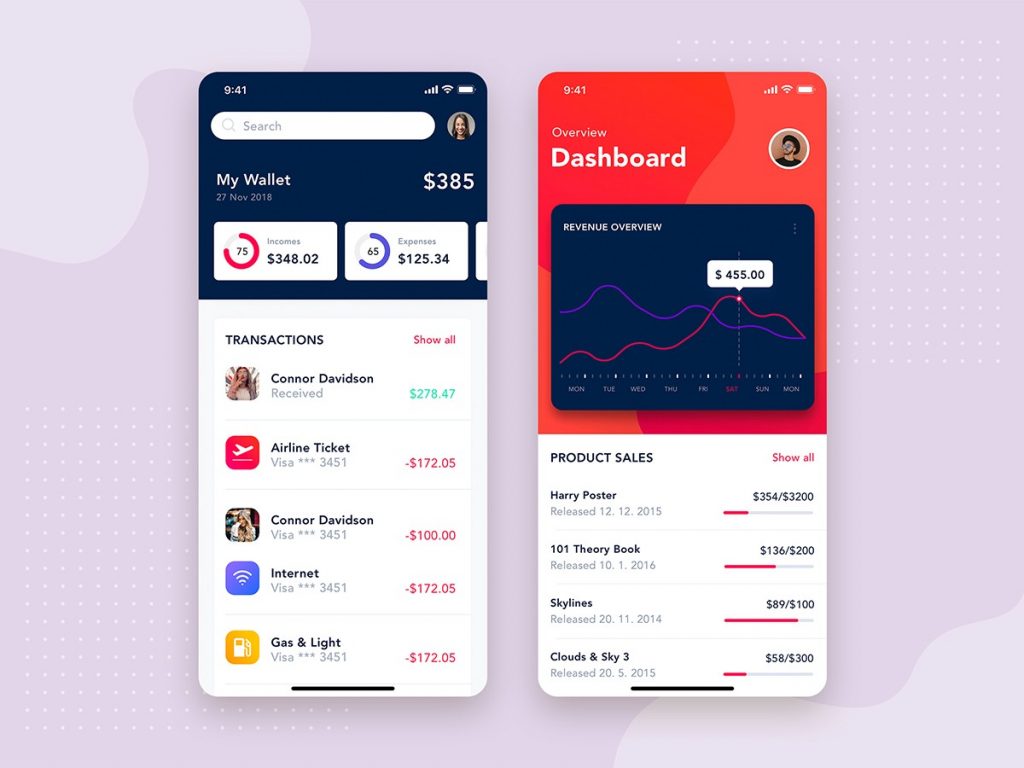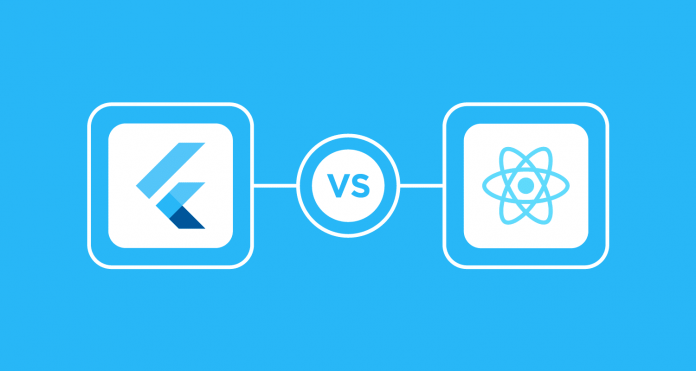Flutter and React Native are two names dominating the cross-development arena. While Flutter is relatively new, it is catching up with React Native in terms of popularity. In this blog, we will discuss flutter vs react native: why to react native is better in 2023.
App development, like any other IT industry especially in Singapore, witnesses rapid transformations. With the ever-increasing popularity of apps, nearly every business in Singapore, small or large is opting to get one. This has prompted advances in creating platforms and frameworks that could allow developers to build not only faster but uses fewer resources too.
Cross-platform app development aimed to do just that. It allows an app that can run on multiple platforms, primarily Android and iOS. Both platforms have their own languages (Java for Android, Swift for iOS) to develop native apps. This meant to have an app for both Android and iOS you would need two different developers (or teams altogether) who will take their own time building two native separate apps.
With cross-development, you can build apps using one language for both iOS and Android without needing coders for two separate languages and in much less time.
Xamarin, Iconic, React Native and now Flutter, are some of the available cross-development. But it’s Flutter and React Native who have emerged as the front-runners of the game.
What is React Native?
React Native was developed by Facebook as a JavaScript framework for building native apps. I have covered react native in detail in one of my previous blogs. Ever since it was made open-sourced by its creators in 2015, RN has been a success among the Singapore app developer community.
What is Flutter?
Flutter is a framework developed by Google. It can be used to develop apps for both Android and iOS and even Fuchsia, the latest OS being developed by Google. It was launched in 2017 and is being touted as an alternative to React Native and a better one by some.
Flutter vs React Native: Why is React Native Better?
1. Language
As mentioned earlier the primary advantage of cross-development is the fact that it uses just one language. React Native uses JavaScript, an extremely popular programming language. With a little preparation, JS developers can easily work with React Native.
This, however, is not true for Flutter. Flutter uses Dart. Dart has been around for some time but was never popular among developers and was not used often.
React Native scores clear points here because of JS and its convenient adaptability.
2. Code Structure
As a virtue of it being developed using JavaScript, React Native has a better code structure. This is important for the developers as cluttered code will make it difficult to view, reread and edit the In Dart, There’s no separation between templates, styles, and data. This leads to a messy structure and affects the developer’s experience with Flutter.
3. Better UX

Flutter used proprietary widgets instead of native OS components like in React Native. Proprietary widgets though are a great help in creating fully-custom UIs, Flutter’s Cupertino library lacks many essential elements. This affects the overall user experience as with React Native the look and feel of the app gives a native vibe to quite an extent.
New to the design world? Our mobile app design agency can help you turn your ideas into an engaging reality.
4. Maturity
Having been around for a few years now, React Native has developed into a more mature framework. The number of third-party packages available, enhances its usability significantly. The wide range of available tools and integrated development environments (IDEs) contributes to it being a stable option for developing great apps.
5.No Significant Speed Benefits
Both React Native and Flutter have the impressive hot-reloading feature, but Flutter comes out faster than RN overall because Flutter does not have to convert to native UI components and is independent of them. But at the same time having a native UI helps in delivering a better UX as mentioned above. Up till now, RN has run user interactions going even up to 60 fps (frames per second) without any trouble.
6. Community and Developer Support
A strong community helps developers learn from each other and influence the success and popularity of any tool or framework. GitHub, StackOverflow, Reddit, and other such forums have a huge developer base for React Native, connected to each other and encouraging problem-solving and maturing it. Being new, Flutter is still establishing its support base and will take some time in building a community as large as that of React Native.
Conclusion
There are some key points where Flutter is starting to build its credibility- like robust documentation and great tooling support. Given that, Flutter is in the process of establishing itself as a good alternative to React Native, saying that it will wipe out React Native real soon might be an overstatement. However,
React Native seems to be a smart choice for the cross-development of mobile apps owing to its stability and high functionality. If we have to close an argument on Flutter vs React Native it is preferred to understand their core purpose.
Looking to develop a react native app for your business? Our digital product development company can help you build a market-fit app.









